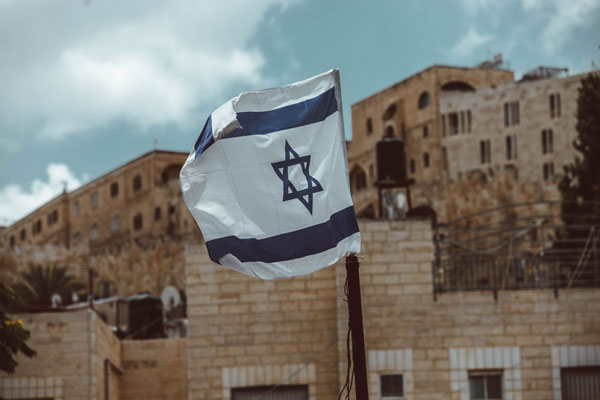Hamas attacks Israel with over 5000 rockets

[Israel flag. Photo credit to Unsplash]
On October 7th, 2023, Hamas launched an attack on Israel, firing over 5000 rockets from the Gaza Strip.
Simultaneously, 2500 Palestinian militants attacked Israel Defence Forces(IDF) military bases near the Gaza Strip.
The delay in response and apology from President Benjamin Netanyahu fueled anger among Israelis.
Netanyahu eventually accepted responsibility 18 days after the attack, pledging a thorough investigation after the war, saying “This failure will be investigated thoroughly. Everyone will need to provide answers, myself included, but all of this will happen only after the war.”
After Hamas was cleared from southern Israel, IDF retaliated by attacking the Gaza Strip, resulting in the reported death of over 8000 Palestinians and 50 UN agency staff, according to the Hamas-run Gaza Health Ministry.
Hamas also targeted Israeli men and women during a music festival on October 9th near the Gaza border.
Rockets disrupted the festival, and Hamas militants opened fire on approximately 3500 young Israelis celebrating the Jewish holiday of Sukkot.
The Israeli-Palestinian conflict has deep historical roots, starting with Israel’s declaration of independence in 1948.
This led to the Arab-Israeli War, with neighboring Arab states opposing the UN plan.
Subsequent conflicts, including the Six Day War, created governance challenges as Israel found itself overseeing Palestinians without a formal peace treaty.
In 1978, Eygpt signed a peace treaty with Israel, leading to the return of Sinai as part of the agreement.
Meanwhile, “settlers” in the West Bank grew, causing negative effects and dividing Palestinian territories.
This hindered the prospects of an independent Palestinian state.
The First Intifada erupted in 1987 due to the Palestinian frustration, followed by the more violent Second Intifada in 2000.
The conflicts involved various forms of violence, resulting in casualties on both sides.
Post-Second Intifada, Israelis grew skeptical about peace, leading to apathy and a sense of removal from the conflict in daily life.
As the region grapples with the aftermath of the recent events, the imperative for dialogue, diplomacy, and a genuine commitment to finding common ground becomes more pressing then ever.
The international community, too, must play a role in fostering an environment conducive to peace, urging leaders on both sides to engage in meaningful negotiations.
The recent events serve as a stark reminder of the urgent need for a renewed commitment to peace in the region.

- Eric Lee / Grade 7
- St.Johnsbury Academy Jeju

![THE HERALD STUDENT REPORTERS [US]](/assets/images/logo_student_us.png)
![THE HERALD STUDENT REPORTERS [Canada]](/assets/images/logo_student_ca.png)
